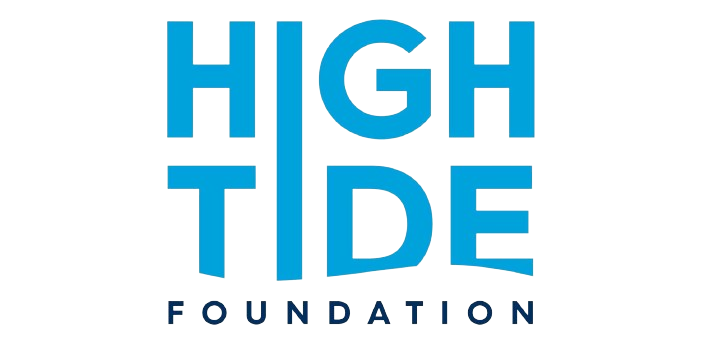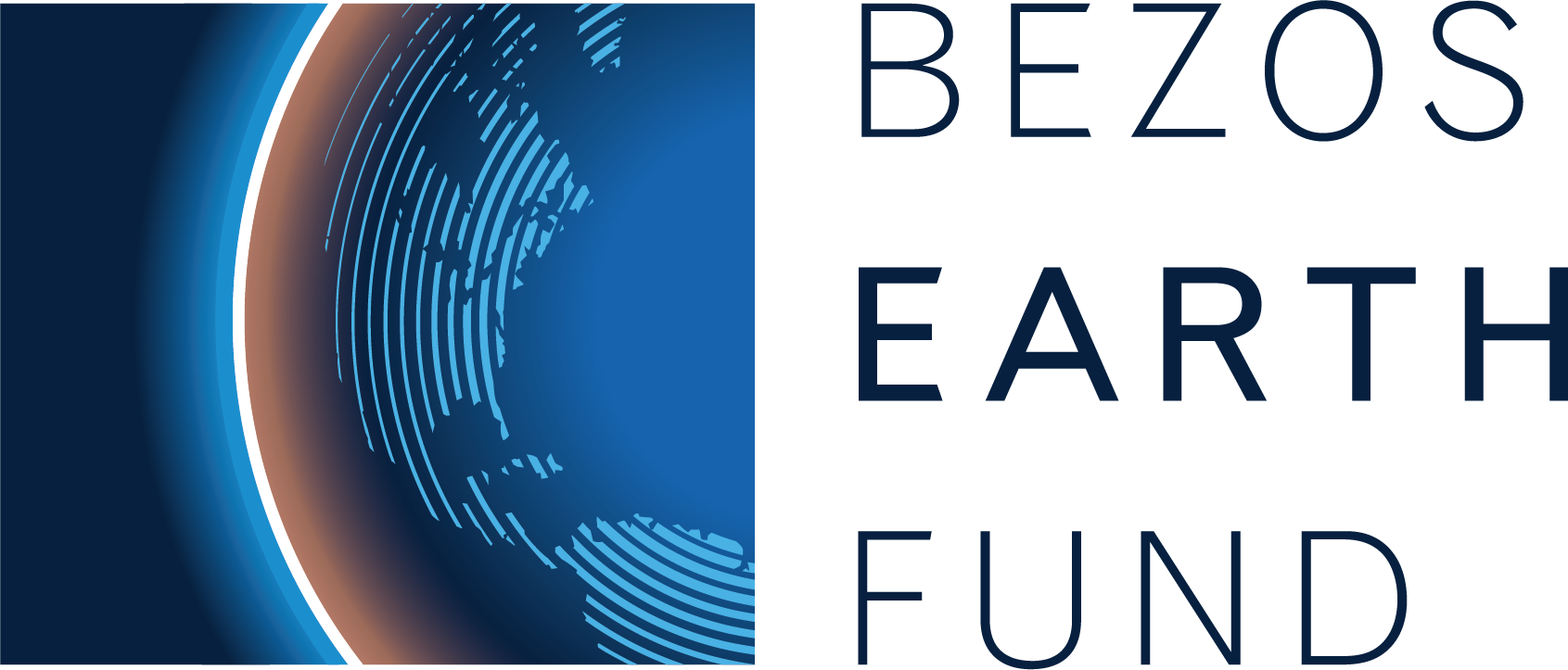Why transparency is key to the Integrity Council’s work
Written by ICVCM
Published

Transparent rules, transparent processes
At the Integrity Council for the Voluntary Carbon Market, we are committed to transparency throughout all aspects of our work and the carbon markets. In the CCPs, we require high standards of transparency from carbon crediting programs. As a self-regulatory standard for the voluntary carbon market, we also seek to ensure that we engage transparently with programs and stakeholders at all times. Transparency at a basic level means that we make our processes and work clear to everyone.
We have been committed since our work began to ensuring that is the case. We engage extensively with stakeholders, run webinars, attend events and inform the market about what we are doing at all times. Our assessment process is a transparent process for all concerned.
Program assessment
When a program applies to us, it can expect efficient and clear processes, direct and transparent communication, and dedicated staff to answer any questions on processes, interpretations and to update the program on the progress of its application.
Applicant programs make a huge commitment when they apply for assessment. Some of them decided to change their rules where before applying to meet the program related CCPs. Through our application platform they also have to collate, organize and systematically explain how all of their procedures demonstrate their robustness. That is a lot of commitment on their part.
On our side, we do our utmost to be efficient and transparent. We are also committed to fairness in the application process, including ensuring that programs have a formal right to dispute draft findings. Before any adverse decision on any assessment, the relevant program receives the draft decision and assessment. They have a formal right to provide further information and request a meeting (a hearing) with us on the issue at hand. They also have the right to put their view on record with the ICVCM. This is important for due process. Beyond that, the programs also agree to standard terms to resolve other formal disputes.
Our commitment to fair and transparent process is not just for programs. Stakeholders can be engaged too. Via [email protected], stakeholders can provide evidence-based information they consider relevant to assessment processes. It is taken into and taken into account, in accordance with our procedures, in the relevant assessment.
Category assessment
With transparency a core part of what we do, the category assessment process also has a commitment to transparency. Multistakeholder working groups comprising diverse market expertise (including internal and external experts) support the Integrity Council’s assessment process. Shared discussion and exchanges ensure we are transparently addressing problems, while maintaining the confidentiality that assessment processes require. The wider stakeholder community can follow the progress of our assessment on our webpages, and we will make public decisions after our Board meetings. In relation to methodologies, here too, stakeholders can share information that can be taken into account in the relevant assessment.
Transparency as we work
We run monthly market webinars and issue a newsletter to keep stakeholders up to date on our work. At conferences and events across the world, our Board members, Expert Panel co-chairs and senior staff regularly update the market on our progress on core areas of work such as the set-up of the Indigenous Peoples and Local Communities VCM Engagement Forum, our work with domestic regulators and our Continuous Improvement Work Programs.
Transparency as the market works
And the Integrity Council continues to seek to improve transparency in the voluntary carbon market over time. Through our Continuous Improvement Work Programs on issues like revenue sharing, benefit sharing, registry operations and transactions, we look at transparency issues facing carbon market operations and how we might further best practice for the next version of the CCP Rulebook.





